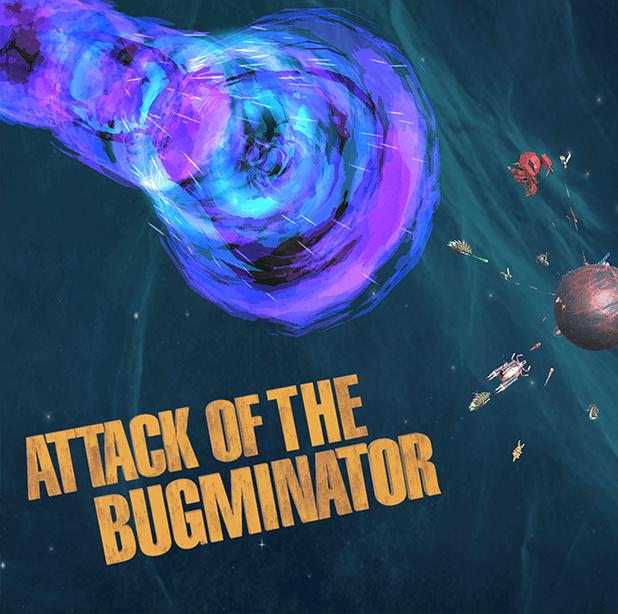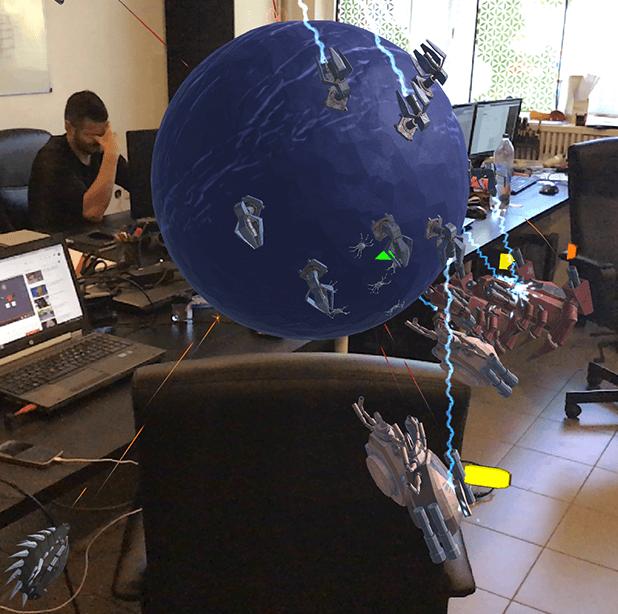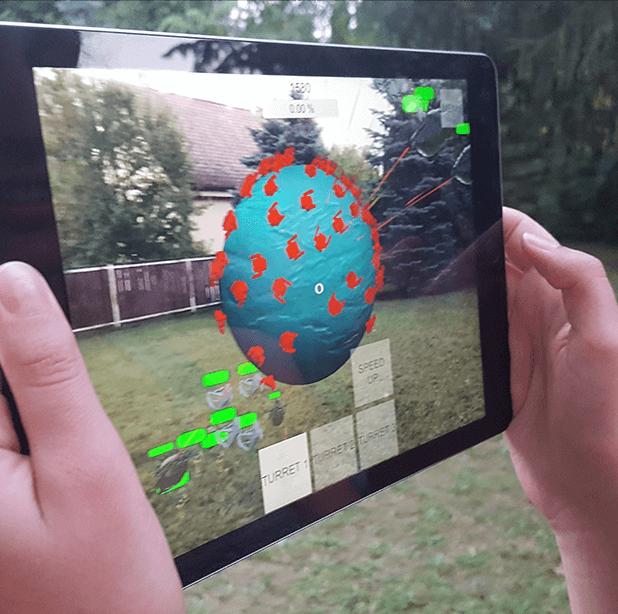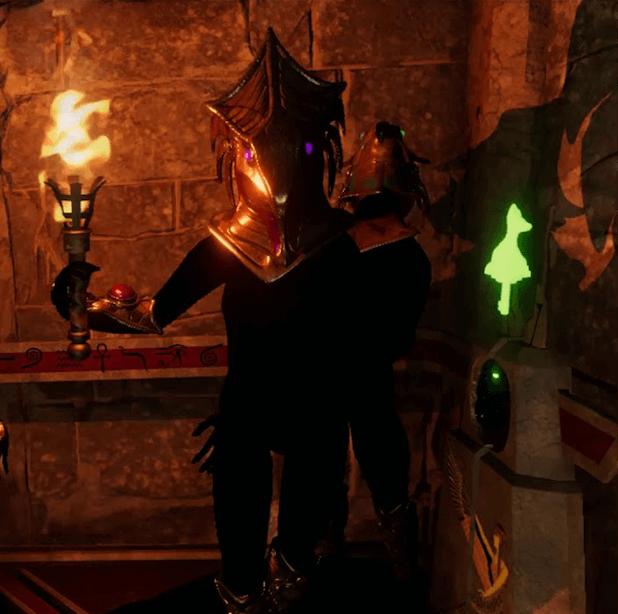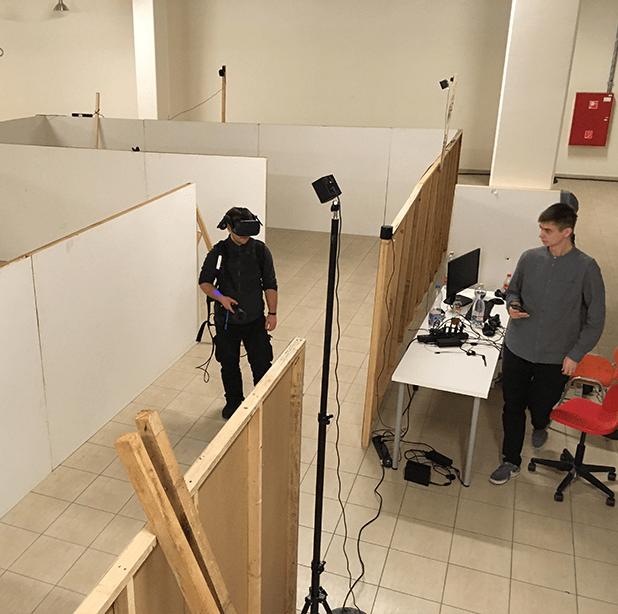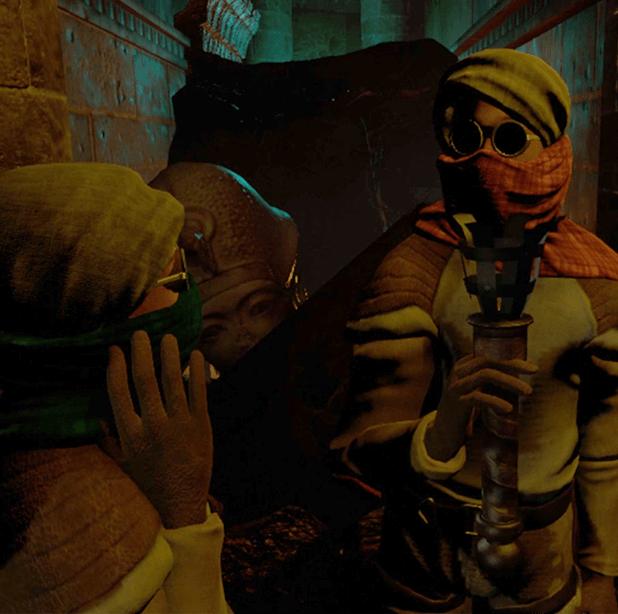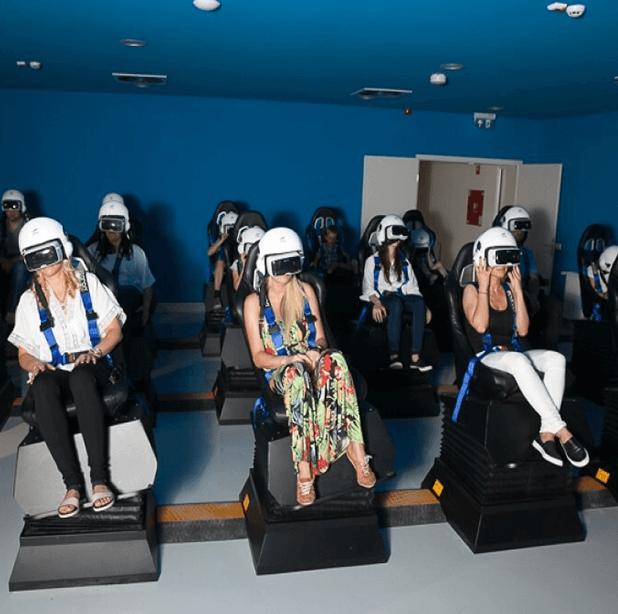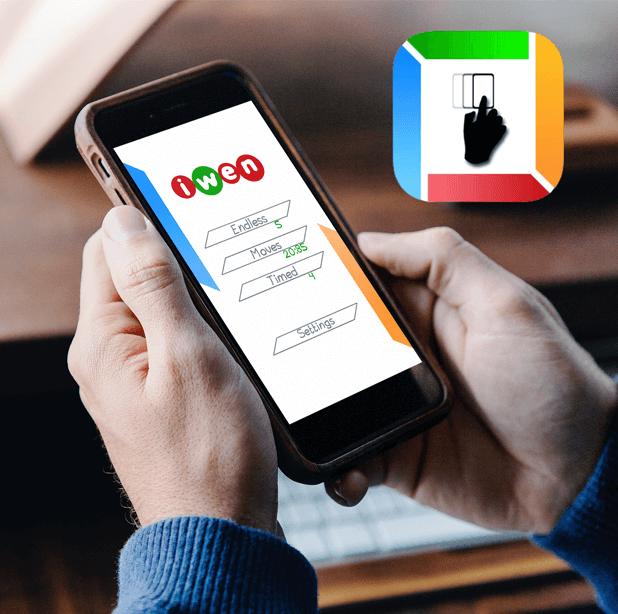
Tailor-made VR / AR solutions
to suit your needs.
You dream it, we create it.
About Us
-
"We founded Phone Software Ltd in 2014 with the desire to create outstanding mobile games."
-
This is the kind of sentence you’ll probably find on most mobile gaming developer websites. In this regard, we wanted to blend in with the rest – but this is where the similarities with others end. True, we founded the company back in 2014, and our dream back then was clear: to revolutionize the mobile gaming platforms overnight, with practically no experience. Well, this dream never came true, but we don’t mind at all because in the end this long and winding path we have taken finally lead us to discover the things we really wanted to do (and are really good at): and that’s developing Augmented, Mixed and Virtual Reality games, experiences and apps. And we learned so many things along the way.
-
In the beginning, based on the trends and market expectations of the time, we started developing with Swift. We soon realized, however, that we needed a cross-platform solution. Luckily we had several good options:
- Unity, which was a new and upcoming game engine, showing a lot of promise;
- Unreal, which probably needs no introduction as it is one of the most important market players;
- and CryEngine, which for many years served as a computer performance benchmark for hardcore gamers, thanks to Crysis.
-
In the end, we chose Unity because its continuous evolution and its mobile platform market share seemed pretty impressive. The mobile gaming industry was thriving, and mobile phone performance had reached a level where users could enjoy a comfortable and high-quality gaming experience. This gave rise to a slew of great games developed for Android and iOS, such as Monument Valley, Hearthstone, Hitman Go, and the like.
-
So we dove headfirst into mobile game development using Unity. Despite a solid programming background, we ran into some unexpected difficulties due to the programming framework and target platforms. The differences in compatibility and refresh rates for iOS and Android systems presented some real challenges, but we never stopped learning and evolving. Since at the time there were no courses that specifically offered to teach the ins and outs of this field, we chose one that sounded quite promising and signed up one of our programmers to attend. Not only did the course turned out to be useful, but it also helped us gain a new colleague: one of the other attendees. He’d already had a lot of experience with Unity, so his addition to our team was a huge bonus. Very soon, these two team members who had attended the course became the backbone of our development team. And, at the same time, in the case of the student becoming the teacher, these two started teaching programming courses in Unity
-
Two years later, the first publicly available VR devices (HTC Vive, Oculus) appeared on the market: VR had graduated from being a concept to being an actual product. We started entertaining the idea of entering this new and unknown market. We obtained an HTC Vive headset and made a space simulator game as part of one of the courses we were running. With that, we reached our first VR milestone, and learned a great deal about coding, graphics and project management along the way. We also fell in love with this platform.
-
Meanwhile, Apple published ARKit; then, a little later, Google came out with their answer, ARCore, and thus AR (Augmented Reality) became available to everyone. Since the devices using this technology are much more widespread than the ones using VR, we started developing AR applications alongside VR ones.
-
In 2018, two of our developers attended Microsoft’s HoloHack hackathon where, with the help of two fantastic graphic artist friends (who have since also become colleagues), they succeeded in creating an AR/MR game prototype for HoloLens in just two days. We did not come away with a prize, but what we got out of it, and what has meant a lot more to us than any prize, is that several members of the jury (CEOs and developers alike) have since enlisted our services to develop AR/VR projects and we have built valuable friendships and partnerships.
-
We have also made changes to our training system: we have partnered with universities and colleges and provide internships for graduates completing their degree.
- What’s happening these days?
- We are continuously developing VR/AR/MR experiences for external customers; at the same time, we are working on our own ideas which, in time, we hope will help us become key players in the field. If you are looking for a developer team and you like what you’ve read so far, please read on here, or contact us.
Selected works
Check out the
latest projects
we completed
What we want to do and we are good at:
developing AR/MR/VR games,
experiences and apps
